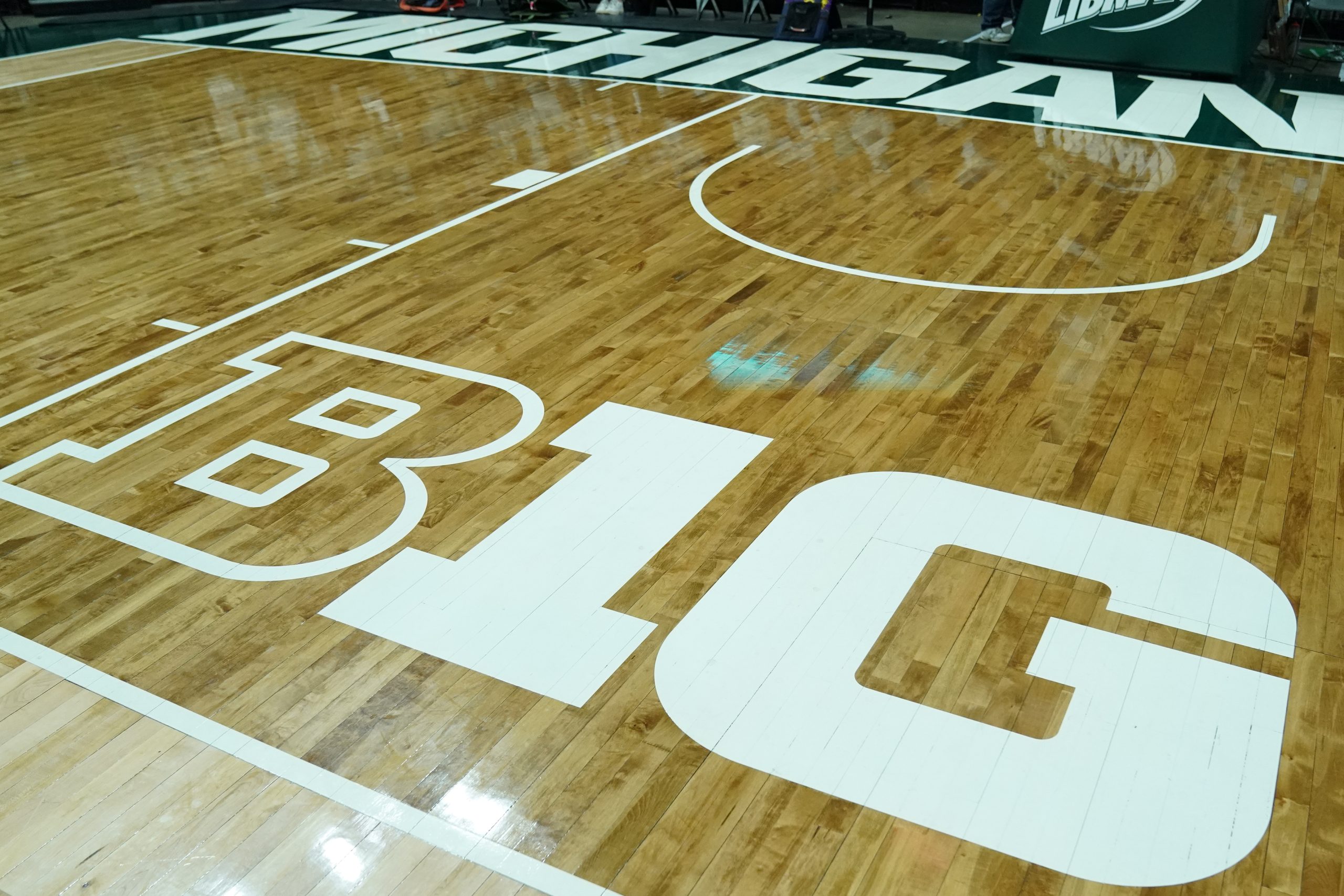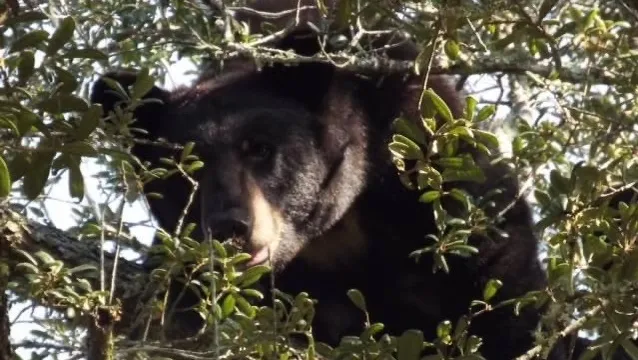Tragic Discovery: 500-Pound Black Bear Found Shot Dead in Florida Yard
In a quiet neighborhood near Apopka, Florida, a disturbing discovery recently unfolded when a resident stumbled upon the lifeless body of a nearly 500-pound black bear in his front yard.
The bear, tragically shot and killed, sparked an investigation by the Florida Fish and Wildlife Commission (FWC), leaving locals and authorities puzzled and concerned.
According to reports, the homeowner, Bill Lueckfeld, made the grim find while walking his dog late one evening.
The bear, with an entry wound through its left torso and a bullet lodged in its lung, was promptly reported to law enforcement.
The FWC arrived at the scene to investigate, yet crucial details such as how far the injured bear had traveled and the circumstances leading to the shooting remain unclear.
“This is their territory. They lived here before we got here. Now we’ve moved in and we should be sharing it with them,” Lueckfeld expressed to FOX 35, reflecting the sentiment of many concerned community members.
The incident has stirred broader discussions about House Bill 87 (HB 87), a contentious piece of legislation in Florida that could potentially impact wildlife encounters dramatically.
Dubbed the “Self-Defense Act,” HB 87 aims to provide exemptions from penalties for killing bears without prior permits under specific circumstances. The bill passed both the Florida House and Senate earlier this year and awaits Governor DeSantis’ signature as of June 18.
If signed into law, HB 87 would allow individuals to use lethal force against bears if they believe it’s necessary to prevent imminent death or serious bodily harm to themselves, others, or their pets.
Critics fear such measures could lead to an increase in fatal bear encounters, raising questions about wildlife conservation and human-bear coexistence in the region.
The Florida black bear, a subspecies of the American black bear, has seen a gradual recovery in recent years. Biologists estimate there are slightly over 4,000 bears in Florida, primarily inhabiting hardwood forests and demonstrating a preference for varied habitats like flatwoods, swamps, and scrub oak ridges.
These bears, typically weighing up to 350 pounds, play a vital ecological role but often come into conflict with expanding human settlements.
Despite their size and occasional proximity to residential areas, incidents of black bear attacks on humans are rare in Florida. Data from the FWC indicates only 40 physical contact incidents since 2006, emphasizing the generally peaceful nature of these animals when left undisturbed.
In encounters with black bears, wildlife experts advise caution and specific protocols to minimize risks. If approached by a bear, individuals are encouraged to remain calm, stand upright, and slowly back away while ensuring the bear has an escape route.
Sudden movements or attempts to run can trigger a bear’s chase instinct, potentially escalating the situation.
In light of recent events, the FWC continues to educate the public on responsible wildlife interaction and safety measures. Their guidelines stress the importance of avoiding confrontations with bears, respecting their habitats, and reporting any encounters promptly to wildlife authorities.
As the investigation into the Apopka incident unfolds, concerns over wildlife protection and the implications of legislative changes remain at the forefront of public discourse.
The fate of HB 87 hangs in the balance, with its potential consequences for Florida’s black bear population and the delicate balance between human expansion and wildlife conservation.
Read more news:
- Triumph in Tennessee: Local Woman’s Victory Over Addiction and Academic Success
- Church Vandalism in Irwin: Youths Suspected of Damaging Sacred Instruments at Local Church










